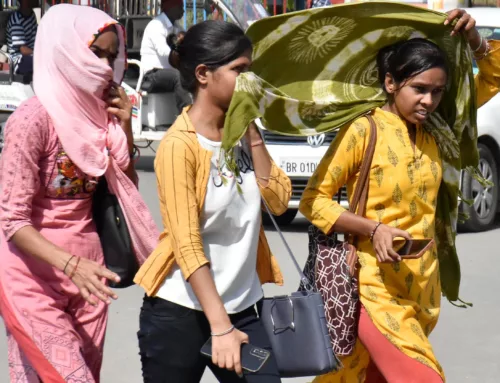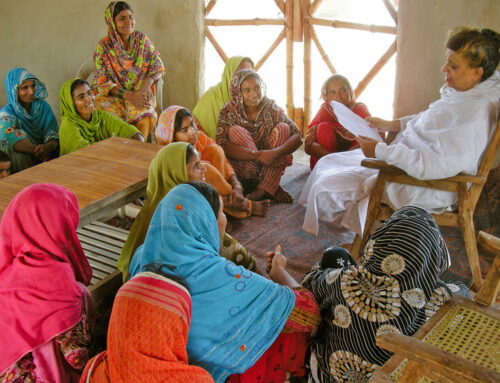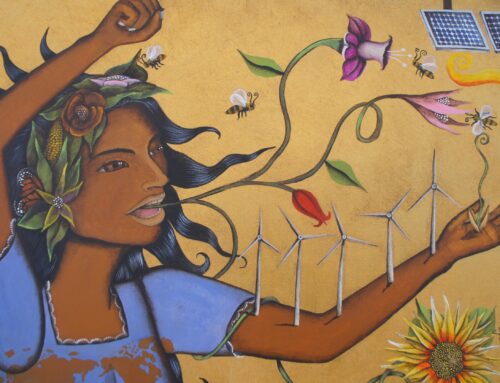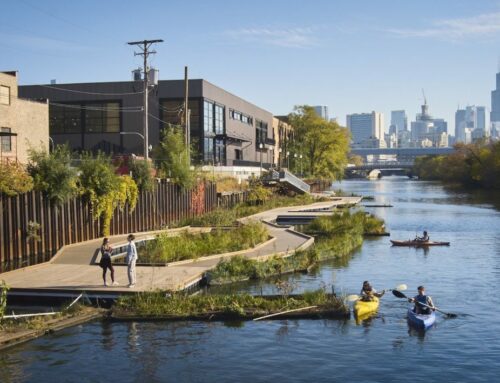In this article, Dr. Heidi Hartmann and Geanine Wester center the lived experiences of low-income black women impacted by post-Katrina recovery in New Orleans twelve years ago as a lesson for policy planning and development post-Irma and post-Harvey. They outline how women are more likely to live in poverty—especially women of color—and represent more of the elderly population, which make them more vulnerable to climate disasters and gender-based violence both before and after disasters. For the women in public housing prior to Hurricane Katrina, they faced recovery policies that effectively eliminated their homes to make way for mixed-income developments, dispersed and curtailed public services for low-income families, and devastated key community support networks. These stories underline the importance of including women, particularly poor women and women of color, in the process of rebuilding whole communities post-disaster.






